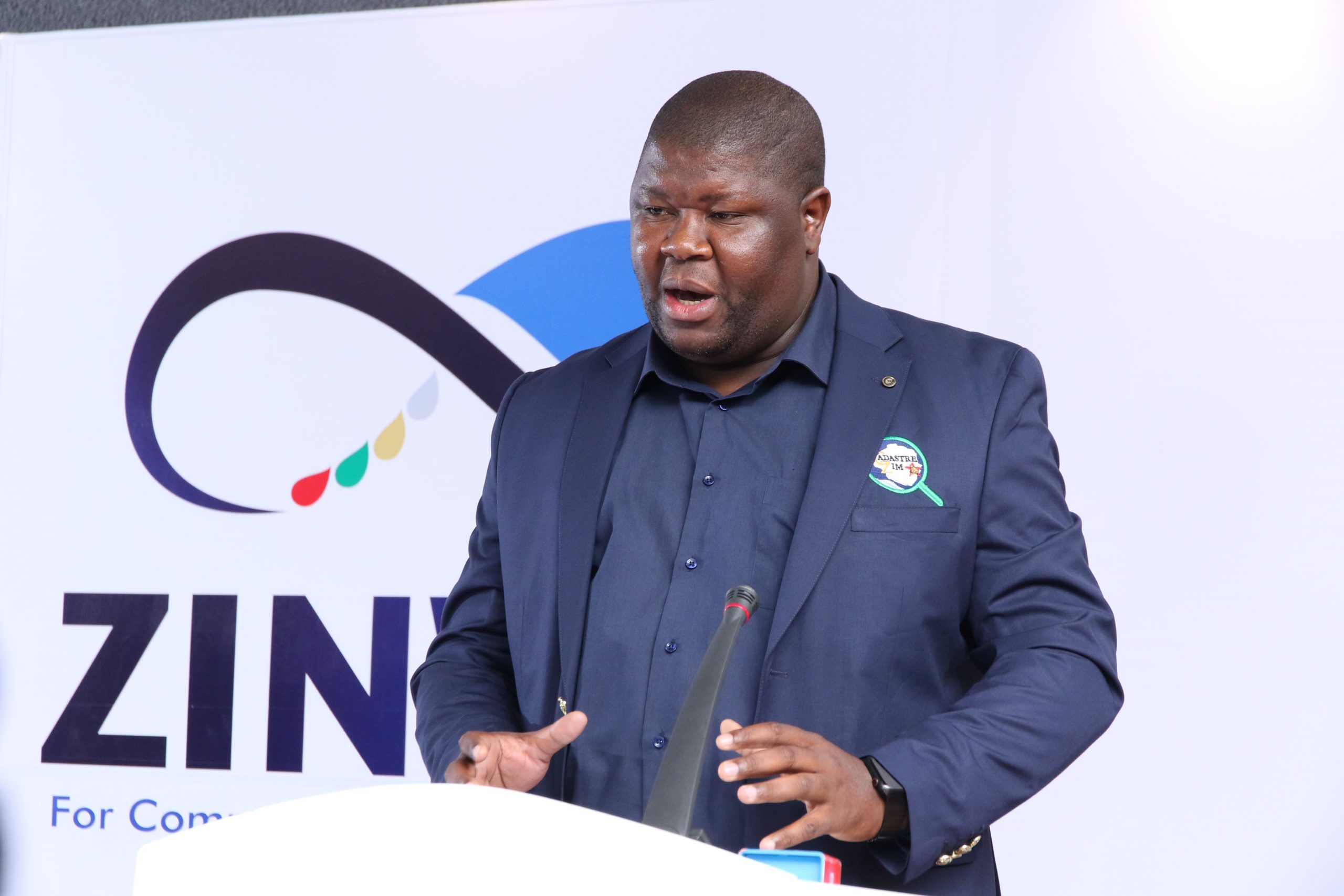Agric sector embarks of data collection for policy
Share

Harare, July 11, 2023, (New Ziana) – The Ministry of Lands, Agriculture, Fisheries, Water and Rural Development said on Tuesday it had embarked on a data collection exercise to be able to formulate development policy based on accurate information.
Speaking at a crop, livestock and fisheries assessment stakeholder planning meeting, Lands, Agriculture, Fisheries, Water and Rural Development permanent Secretary, John Basera said the data collection exercise was essential because policy formulation at government-level had to be informed by well analysed and properly collected data and information.
He called on the private sector and development partners to support the endevour.
“For us to go for growth, we need to nurture more and to anchor into more strategic partnerships, working together with our private sector players, working together even more seamlessly with our development partners, the FAOs, the UN agencies, World Bank, IMF and so on and so on,” Basera said.
“We now need to seamlessly and more than ever seamlessly work even closer together so that we achieve better growth in the agriculture space,” he added.
He said for the sustenance and consolidation of that growth, there is need for new policies and new policy positions, and these are driven by data and information.
Basera said at the moment, his ministry undertook three assessments every year, with the first one responsible for crops, livestock and fisheries done between February and March, measuring mainly hectarage under several crops.
The information gathered is used for various purposes, among them food security analysis, policy formulation, policy review, policy planning and budget planning.
“Our budget is informed by this information, I just want you (to) appreciate the gravity and the magnitude of the importance of information from the above as it informs everything we do as agriculture and indeed as a sector. Even at micro level, it also informs business decisions and policy decisions at business level,” said Basera.
The second assessment of the same is done between April and May, this time looking at output projections for various crops, livestock and fisheries.
The last type of assessment, called vault, is done in August and looks at the agriculture industry as a whole, for example its impact on the populace, development of the rural economy and incomes.
“As you know, the rural economy is quite huge and quite massive so we need to monitor it, we need to get information about it so that we can plan for it and grow it even further and better as we journey towards Vision 2030,” said Basera.
New Ziana









